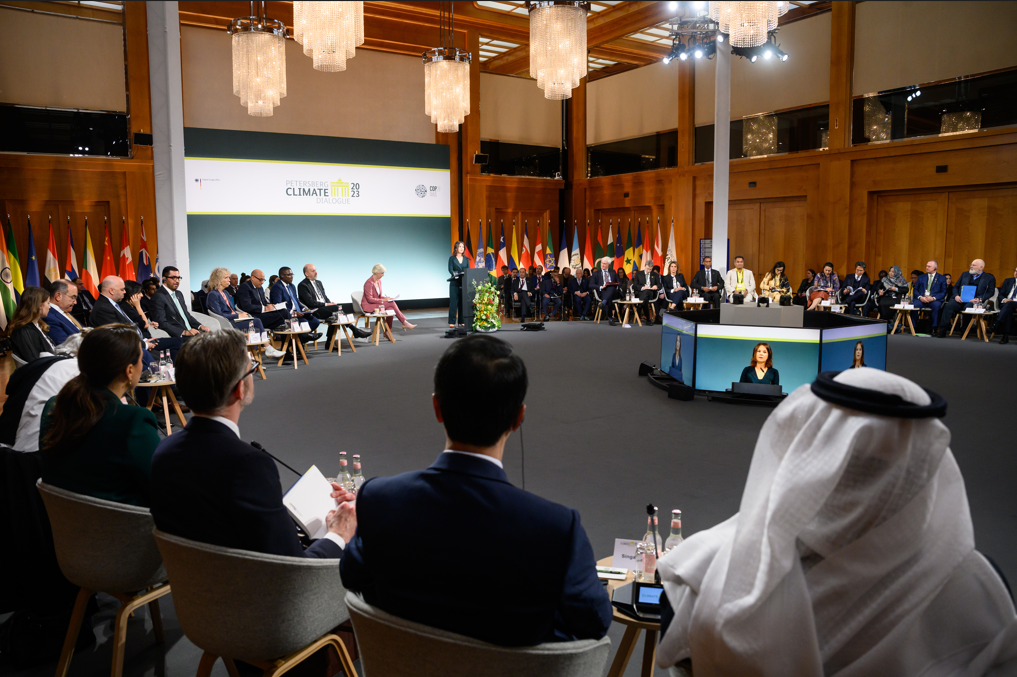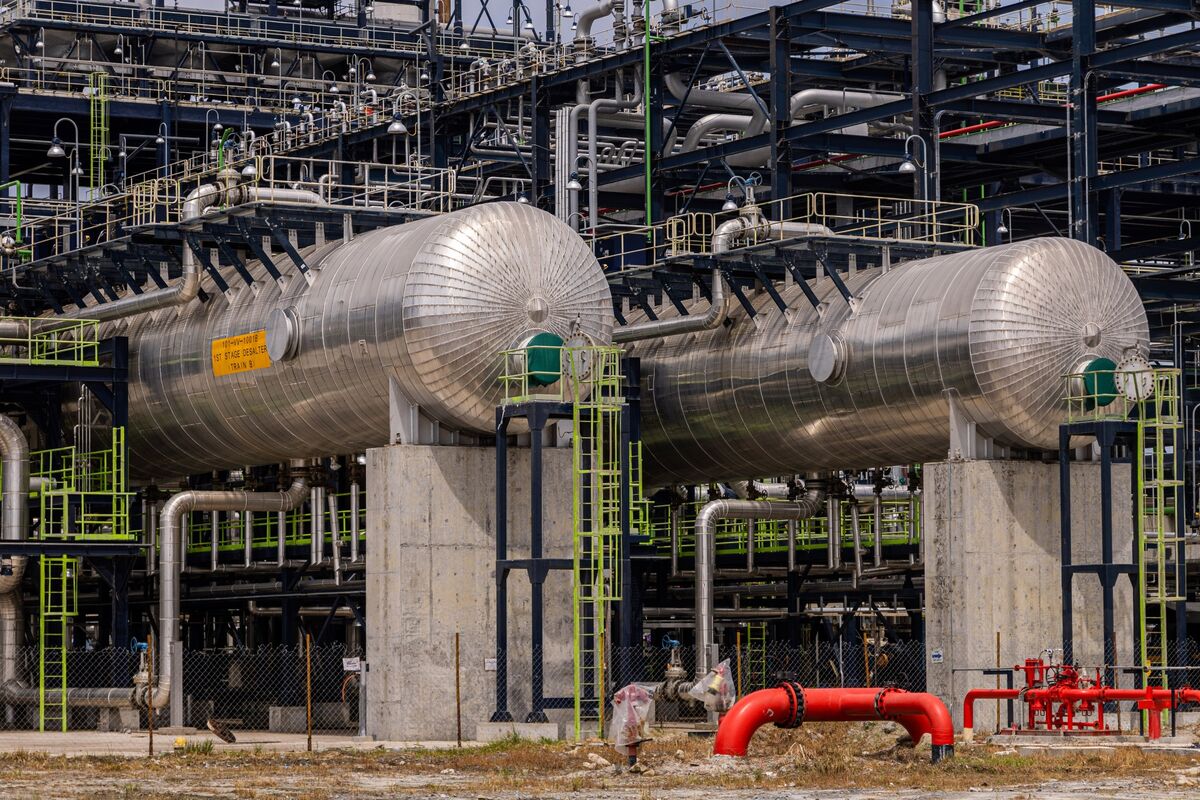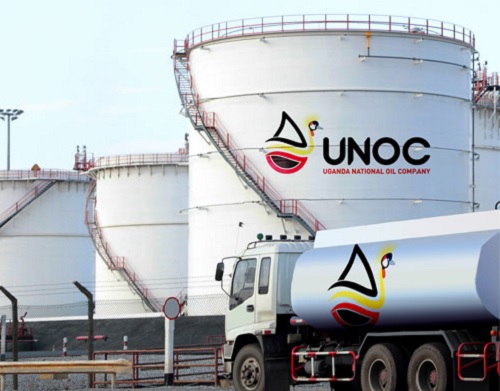Dubai COP28 endorses new declaration, but with no crude oil exit plan

UN Climate Change Conference in Dubai
A new draft for the final declaration of the UN Climate Change Conference in Dubai does not include the clear phase-out of coal, oil and gas demanded by many countries.
The text of the UNFCCC declaration under the United Arab Emirates conference presidency was published on Wednesday morning. The 21-page paper called on countries to move away from fossil fuels in their energy systems. More than one hundred states had previously called for a complete phase-out.
It also includes the goal of tripling the capacity of renewable energies by 2030 and doubling the pace of energy efficiency during this period. The G20 countries have already committed to this.
- On Monday evening, the climate conference presidency published a draft text that triggered a storm of protest from many States, who criticized it as being too weak in terms of climate protection. Germany and the EU labeled it unacceptable.
The latest draft now goes some way towards meeting these critics.
Environment activists attending the UN Climate Change Conference had called on the 200 countries attending to show greater urgency in combatting global warming and agree on a complete phase-out of fossil fuels.
- On the first day of the summit, Germany and the United Arab Emirates announced both will contribute $100 million each to assist countries most affected by climate change.
However, the World Food Programme refused to be excited about the compensation grants, saying no matter how much money we spend on compensating for climate damage and supporting countries in dealing with climate change - if we don't manage to dramatically reduce greenhouse gas emissions, it would never be enough. Also, previous commitment from donors over the last 28 years had not been fulfilled, the WFP official added
Earlier on Thursday, the UN's World Meteorological Organization (WMO) said 2023 would top 2016 as the hottest year on record, with the global mean temperature rising 1.4 degrees Celsius above the pre-industrial average.
"Greenhouse gas levels are record high. Global temperatures are record high. Sea level rise is record high. Antarctic sea ice is record low," WMO chief Petteri Taalas said in a statement.



.jpg)


































